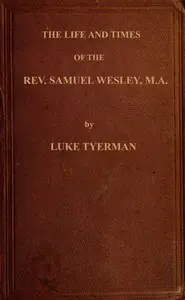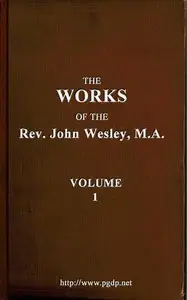"The Homilies of the Anglo-Saxon Church" by the Abbot of Eynsham Aelfric is a collection of sermons written in the early 11th century. The work is significant as it presents the teachings and doctrines of the Anglo-Saxon Church through a series of homilies, aimed at the lay audience to educate them in the Christian faith. The text is presented in the original Anglo-Saxon language alongside an English translation, which makes it an important resource for both historical and linguistic studies. At the start of the text, Aelfric introduces himself and explains his motivation for translating these homilies into English, emphasizing the need for clear and accessible religious education for those who speak the vernacular. The opening sermon focuses on the creation narrative, detailing the nature of God as the Almighty Creator and recounting the story of Adam and Eve, their disobedience, and the consequences that followed. Aelfric's work illuminates the theological principles of the time and reflects the concerns of the Anglo-Saxon Church regarding faith, morality, and the eternal fate of humanity. (This is an automatically generated summary.)

The Homilies of the Anglo-Saxon Church Containing the Sermones Catholici, or Homilies of Ælfric, in the Original Anglo-Saxon, with an English Version. Volume I.
By Abbot of Eynsham Aelfric
"The Homilies of the Anglo-Saxon Church" by the Abbot of Eynsham Aelfric is a collection of sermons written in the early 11th century. The work is sig...
Genres
Released
2011-12-18
Formats
epub3 (images)
epub
mobi
mobi (images)
epub (images)
Free Download
Overview
About the Author
Ælfric of Eynsham was an English abbot and a student of Æthelwold of Winchester, and a consummate, prolific writer in Old English of hagiography, homilies, biblical commentaries, and other genres. He is also known variously as Ælfric the Grammarian, Ælfric of Cerne, and Ælfric the Homilist. In the view of Peter Hunter Blair, he was "a man comparable both in the quantity of his writings and in the quality of his mind even with Bede himself." According to Claudio Leonardi, he "represented the highest pinnacle of Benedictine reform and Anglo-Saxon literature".
Total Reviews
10.0k
Total reviews from Goodreads may change













